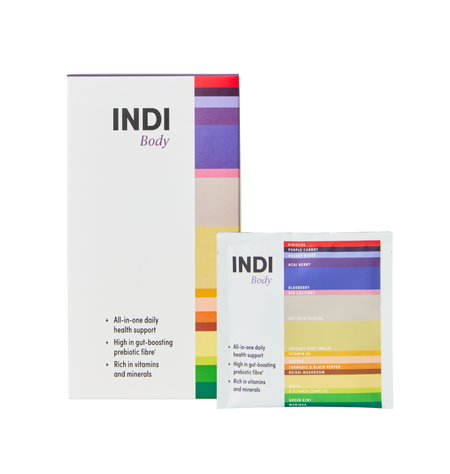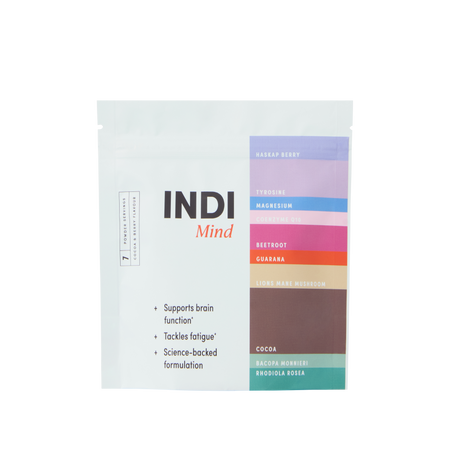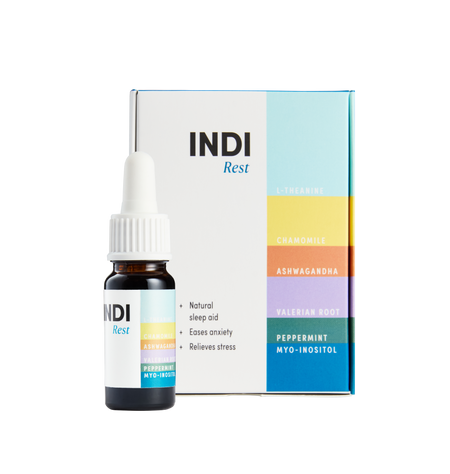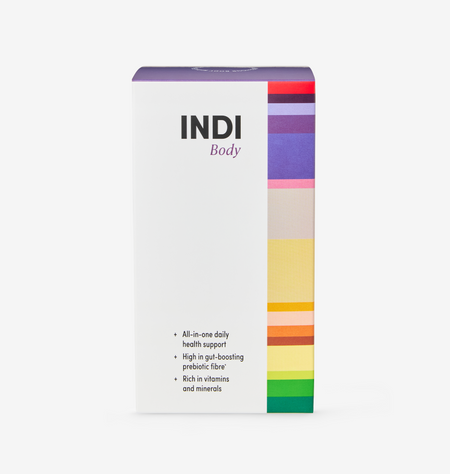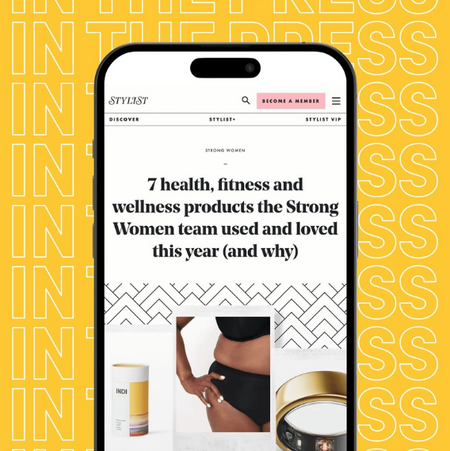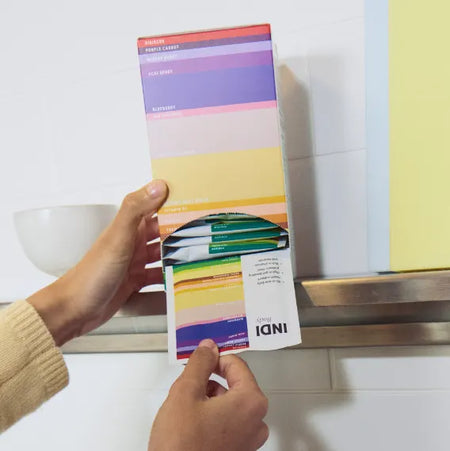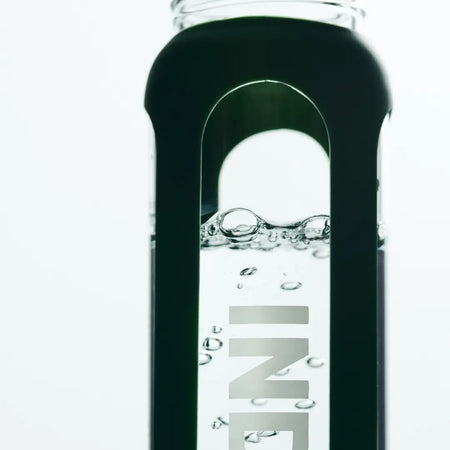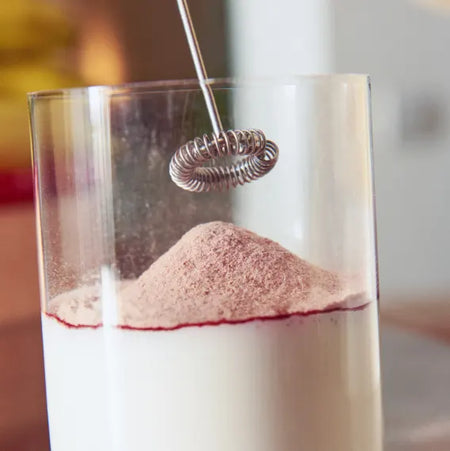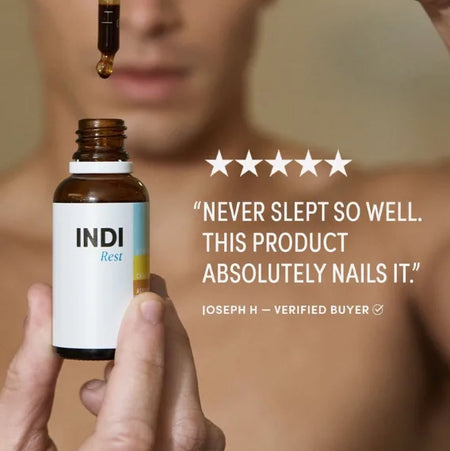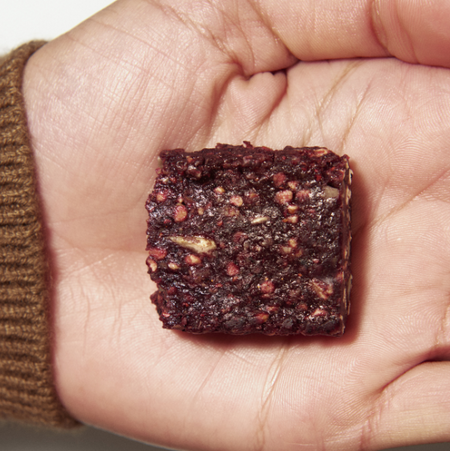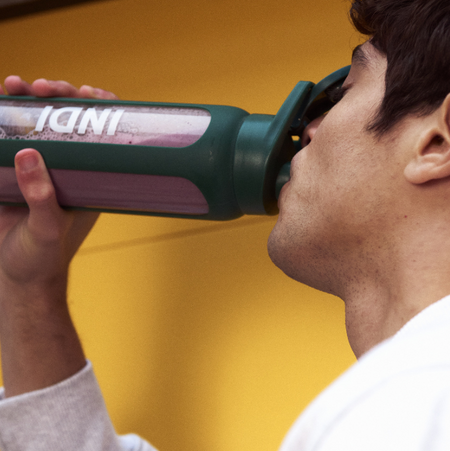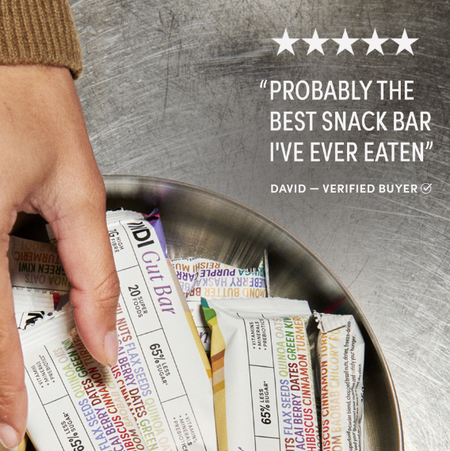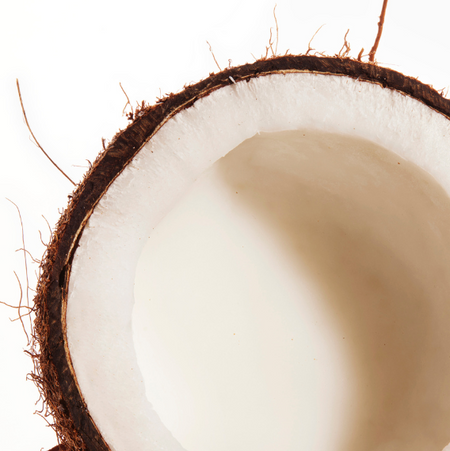From New Year’s resolutions to long-term health goals, Dr Adam Carey reveals his top tips for making sure you stay on track.
Every single one of us has tried to change something in our lives in the past and sadly failed, or even failed on repetitive attempts. We commonly see this every New Year’s Eve. “This year I will lose weight, get fitter, get control of my drinking”, the list goes on... With the best will in the world, we make these resolutions only to find a week later that none of them are still in place.
So why is it so hard to make a change that sticks, even when we know the change would be good for us? The simple answer is: that we have failed to make the change important enough.
We're all creatures of habit—we do what we like, and we like what we do—and we all hate change. And habits can be extremely useful. They free our minds to enable us to think about other things. For instance, when we approach a door, we don’t have to think about how to open it. If there is a handle, we turn it clockwise and the door opens. Just imagine if we did not remember how to do this and at every door we had to work out again how to open it. Simple activities would consume our lives and we wouldn't get much done.
To establish a longer-term change, we need to develop a new skill or habit. The process of doing this is the same for all skill acquisition. We need to move through four distinct phases:
- We start off as 'unconsciously incompetent'—we are living our lives unaware we are making mistakes.
- In the second phase, we become 'consciously incompetent'—we get some new information or understanding and can see we were repetitively making a mistake.
- Next, we need to become 'consciously competent'—this involves significant time and effort. We must think about doing things differently. This consumes our mental bandwidth, so gets in the way of thinking about other things. As a consequence, unless it is very important, it often does not get done enough to become a habit and we fail.
- If we can persist, gradually over time, we move into a new state of 'unconscious competence'—we no longer have to put in a lot of effort to accomplish the task, we do it automatically. We have acquired a new positive skill or habit.
Whether this is learning to ride a bike, drive a car or eat differently the process is the same. It takes a recognition of the need, a new understanding or education, effort, and persistence to be successful. Many of us can recognise a need, and some of us even know what we should be doing differently, but still fail to deliver a meaningful long-term change or develop a new positive habit. This tends to be for two reasons:
- We like what we are currently doing. It gives us pleasure and possibly the change does not, at least initially.
- We have failed to make the change important to ourselves.
Many of the bad habits we have provide a real short-term reward. A good example of this is the continual consumption of refined sugars; sweets, chocolate, white breads, pastas and rice and many drinks, including alcohol. When these foods are consumed, they trigger a dopamine release in the brain, and this actually makes us feel good. It is part of the addictive nature of many foods. Many people we see have an addictive relationship with the foods they consume. This relationship is no different to other addictions like drugs or gambling. The first step in managing something that is getting out of control, is to recognise there is a problem. Once we are aware of the problem the best solution is a degree of abstinence. The more you feed the problem or addiction the worse and stronger it becomes.
So, if you are going to tackle a problem and make a positive change this change needs to be really important to you. It will need to be in line with how you want to live your life.
When we see patients, we often find that one of most important things in their lives unsurprisingly are their relationships, with partners, family, and friends.
Interestingly, we find for many, their closest relationships with their partners for example, don’t need them to change. To be thinner, fitter, different. They love them as they are. If your most important relationship does not need you to change, and the change is going to be difficult, why bother? Isn’t this just a lot of effort for nothing?
To be successful with a change you need to identify why this will be important to you and your relationships in the future.
Let me leave you with one final example... People who are overweight often have other issues like sore joints when moving, difficulty with sleeping, a lack of energy, sexual dysfunction or they develop diabetes. The recognition that these consequences of being overweight will stop them from enjoying their relationships and the life they have can help people see that a simple change could be very important to them. Once this is clear, delivering a new positive habit becomes less of a challenge.
About Dr Adam Carey
Dr Adam Carey is a leading expert in human performance. After leaving the NHS over 20 years ago, he has focused his career on preventative health care and what he now calls 'behavioural change wellness and performance programmes'. This blog provides an exclusive insight into his coaching.
